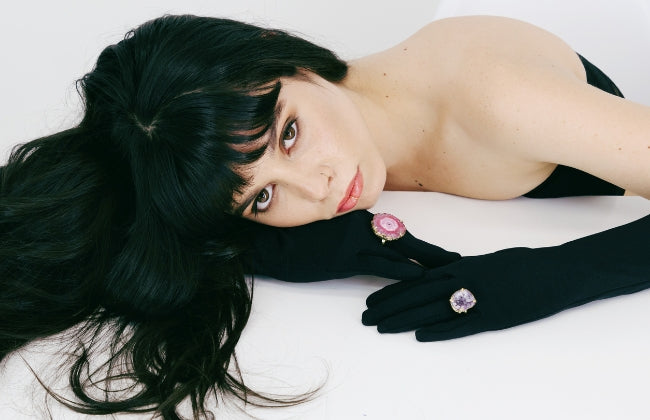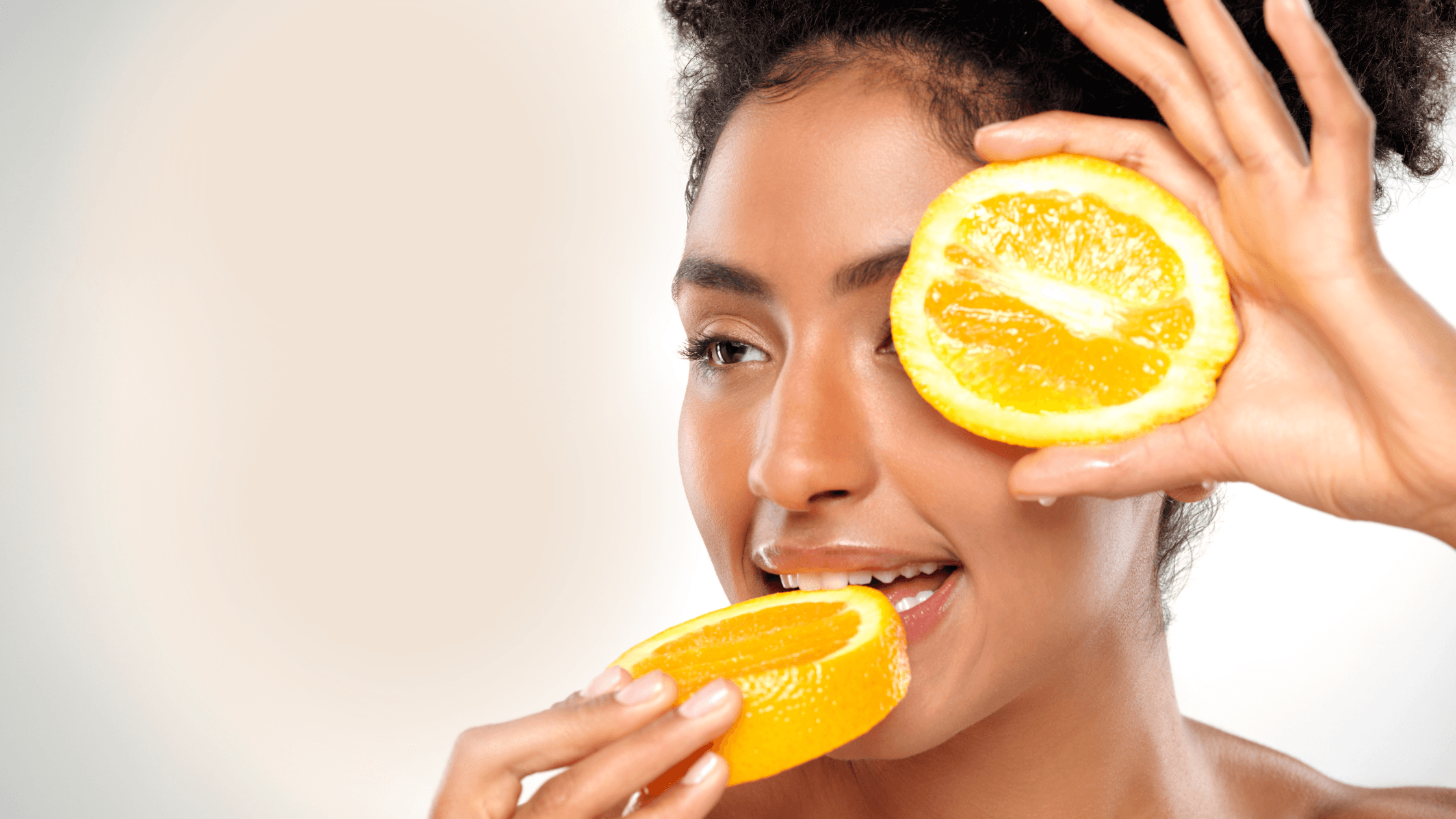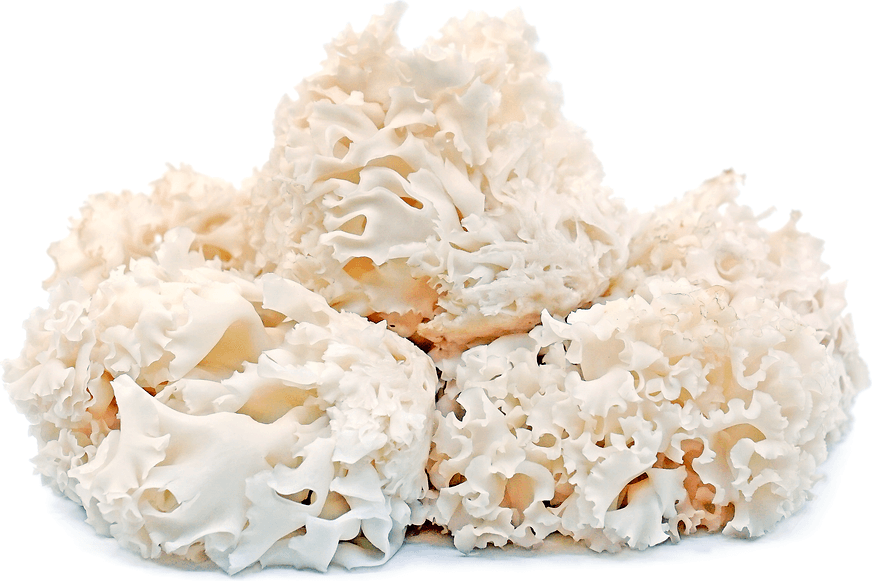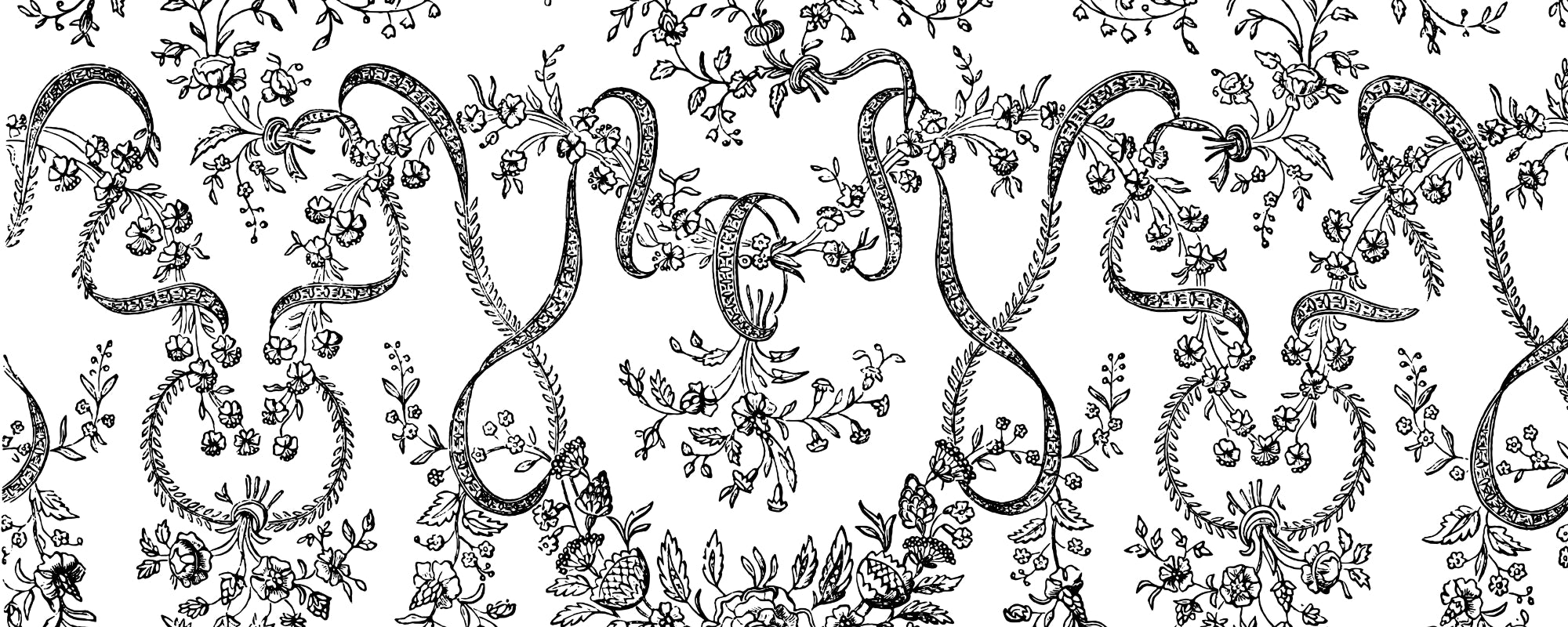Did you know that the global cosmetics market size is set to reach $463.5 billion by 2027? But this booming industry has a history of negatively impacting the planet, and people are becoming more aware. As such, consumers are placing greater focus on the sustainability of the beauty products they use, whether the packaging is recyclable (21%), if the producer has ethical credentials (21%), and whether the products are made from sustainable materials (20%). Does this sound like you?
When making your beauty purchases, here’s what to look out for to ensure you’re shopping sustainably:
Recyclable packaging: Studies have shown that the beauty industry generates up to 120 billion units of plastic packaging per year, contributing to the loss of 18 million acres of forest annually. Additionally, almost all plastic is derived from materials made from fossil fuels and the process of extracting and transporting those fuels, then manufacturing them into plastic produces billions of tonnes of greenhouse gases. According to the World Wide Fund for Nature (WWF), the more plastic we make, the more fossil fuels we need, and the more we exacerbate climate change.
Apart from this, much of the plastic used in the industry is single use which ultimately ends up in landfills. Brands should consider using recyclable and sustainable packaging like glass, which can be recycled or reused. This is why you should look out for brands that use sustainable packaging like the glass I use for all my products. Glass also eliminates the risk of contaminants and chemicals since it is prepared using natural materials.
Sustainably sourced ingredients: Over the years, many beauty products have been made using toxins that can negatively impact both the planet and our bodies. These include parabens, fragrances, sulphates, microplastics and palm oil. Today, look for brands that use alternatives, or ensure that their products don’t include these harmful ingredients. Find out which brands are making a shift towards ingredients that are all natural and free from fillers, binders, flow-agents and preservatives.
Make sure that the products you are buying are not tested on, or harming animals. However, should you use products that are made from animal by-products, such as fish collagen, this too should be ethically and sustainably sourced. In the case of My Beauty Luv’s MBL 1.0 Pure Fish Hydrolysed Type 1 Collagen, only fresh water sustainably farmed fish scales are used so as not to deplete the ocean’s ecosystem.
Sustainable policies: Businesses spanning the gamut from large corporates to small, entrepreneurial beauty companies are refining their business models to include sustainability. In doing so, these companies are adopting a triple bottom line approach which prompts the organisation to focus on more than just profits, or the ‘bottom-line’, and measure their environmental and social impact. This has been referred to as ‘the three Ps’ - people, planet, and profit. Doing well and doing good are intertwined, with research by McKinsey finding that companies with high environmental, social, and governance ratings consistently outperform the market in both the medium and long term.
Use beauty companies that have identified potential areas for improvement which could benefit from sustainability initiatives, as well as ones that have incorporated sustainability into their mission statement and that hold internal and external stakeholders accountable for change.
When I started My Beauty Luv, I knew that I wanted to make a difference for both people and the planet, and I have based my entire business model around this. In doing so, I have been able to build a successful brand.
I urge the beauty industry to make the changes necessary to help save our world from the environmental threats that are killing it, and us too. There is a better way to do beauty and it starts with us.





